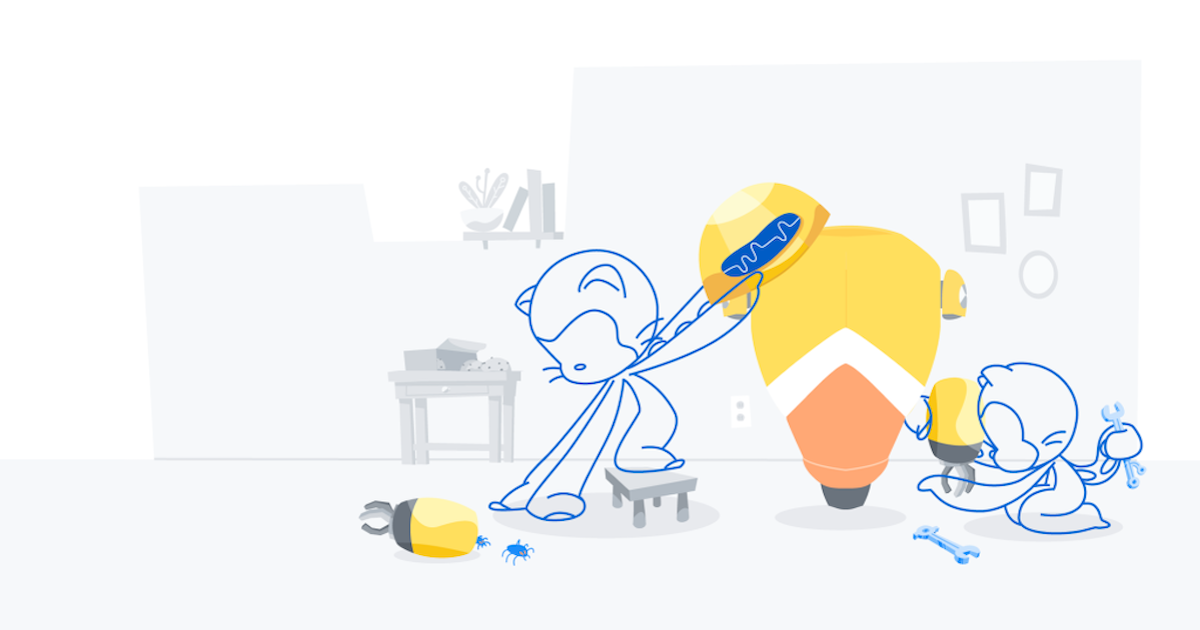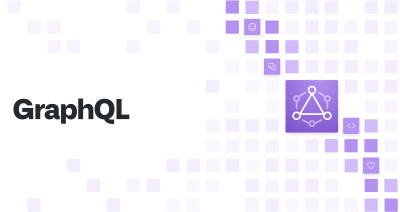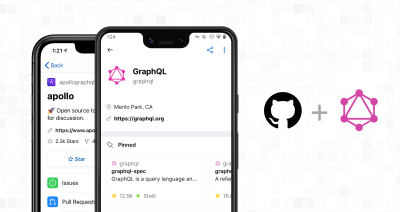
Exploring GitHub CLI: How to interact with GitHub’s GraphQL API endpoint
Discover practical tips and tricks for forming effective GraphQL queries and mutations.

Discover practical tips and tricks for forming effective GraphQL queries and mutations.

Announcement banner fields in GraphQL for enterprises and organizations are being replaced with a new announcementBanner object to simplify their access and better follow our standard styles. The new fields…

Today’s changelog brings you GraphQL and webhook support for project status updates and project custom field changes directly in the webhook event! ⚙ Using GraphQL and webooks with project status…

The StartRepositoryMigration GraphQL API endpoint will now require the sourceRepositoryUrl as an input field. While this is a breaking change to the StartRepositoryMigration GraphQL API schema, including this parameter was…

There are two new metrics available under the Repository object in the GraphQL API: LastContributionDate – The most recent date there was any of the following activity: a commit to…

You can now filter and return only answered, unanswered, or all discussions through the GraphQL API.

We’ve added the ability to retrieve a repository’s Contributing Guidelines via the GraphQL API. There is a new ContributingGuidelines object that’s available under Repository object, when a CONTRIBUTING.md file is…

Fine-grained PATs can now call the GitHub GraphQL API. This was a limitation at the start of the public beta, and is now supported. Like with the REST API, the…

After recently adding the archive date of repositories to the GitHub UI, the timestamp is now also available in GraphQL API responses. Users can now query the archivedAt timestamp of…

GitHub Enterprise Cloud administrators may need to review external identity information via the GraphQL API. Historically, this has required a token with the admin:org or admin:enterprise scope. We’ve taken a…

The repository dependency graph GraphQL API preview now returns dependencies that have been submitted using the dependency submission API. Learn more about the dependency graph Learn more about the dependency…

As part of the ongoing initiative to deprecate legacy global IDs, you will begin to see deprecation warnings for GraphQL node queries using the legacy ID format. The deprecation warnings…

We’ve added GraphQL API support for creating a branch linked to an issue. Learn more about creating a branch for an issue in the UI in the documentation. The GraphQL…

GitHub Packages is being re-platformed, unlocking great capabilities such as fine-grained permissions, org-level publishing and increased performance. Package registries on the new GitHub Packages architecture, including container registry and npm…

When using the GraphQL API, you can now filter Dependabot alerts by the scope of the dependency affected. The possible scopes are DEVELOPMENT or RUNTIME. Dependency scope information is available…

This release adds support for viewing fixed alerts to the GraphQL API. This update also adds the ability to access and filter by state, as well as access unique numeric…

All newly created GraphQL objects now have IDs that conform to a new format, which we refer to as “next IDs.” Learn how to migrate older IDs to the new format and why we’re making the change.

The GitHub Discussions GraphQL API public beta is now available. Get started with the GitHub Discussions API. For questions or feedback, visit GitHub Discussions feedback.

The GitHub GraphQL API has been publicly available for over 4 years now. Its usage has grown immensely over time, and we’ve learned a lot from running one of the…

GitHub’s mobile applications have used GraphQL to power new features. We’ve now been able to move faster and get more done with less hassle and no over-fetching. We were able…

The Audit Log GraphQL API is now generally available. With this update, GitHub Enterprise Cloud administrators can programmatically access audit log events for detailed security and compliance insights across their…
Build what’s next on GitHub, the place for anyone from anywhere to build anything.
Last chance: Save $700 on your IRL pass to Universe and join us on Oct. 28-29 in San Francisco.